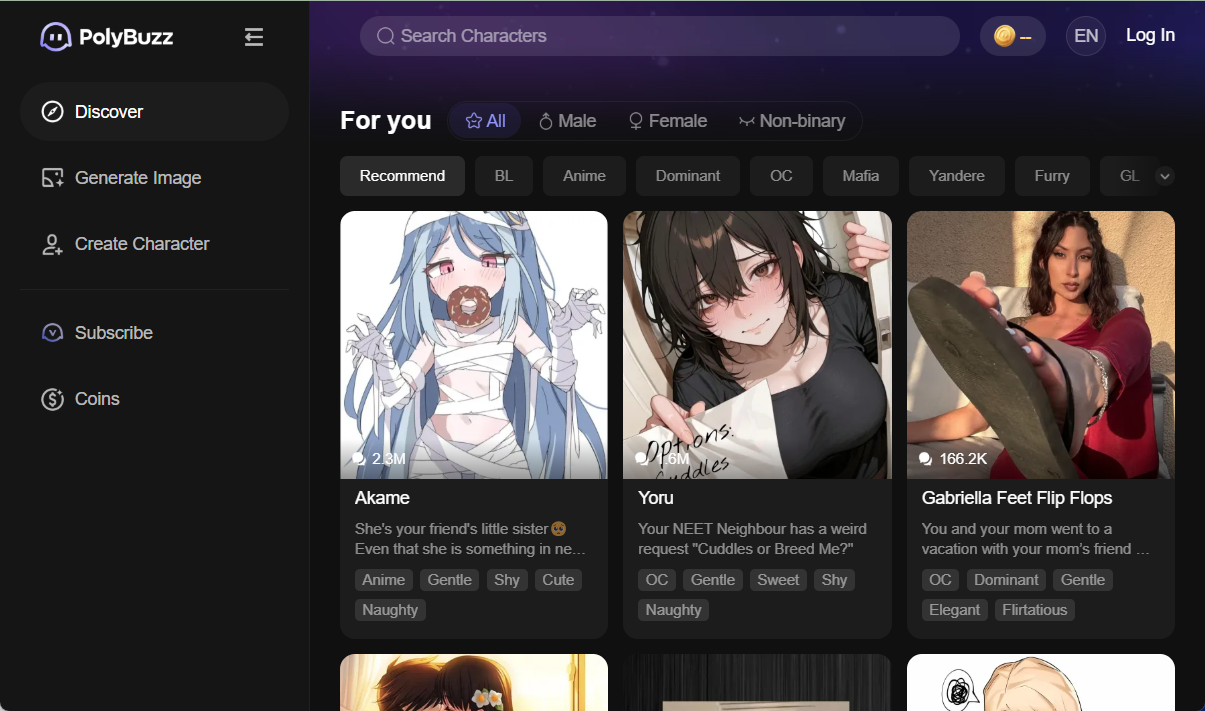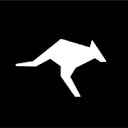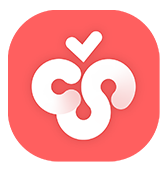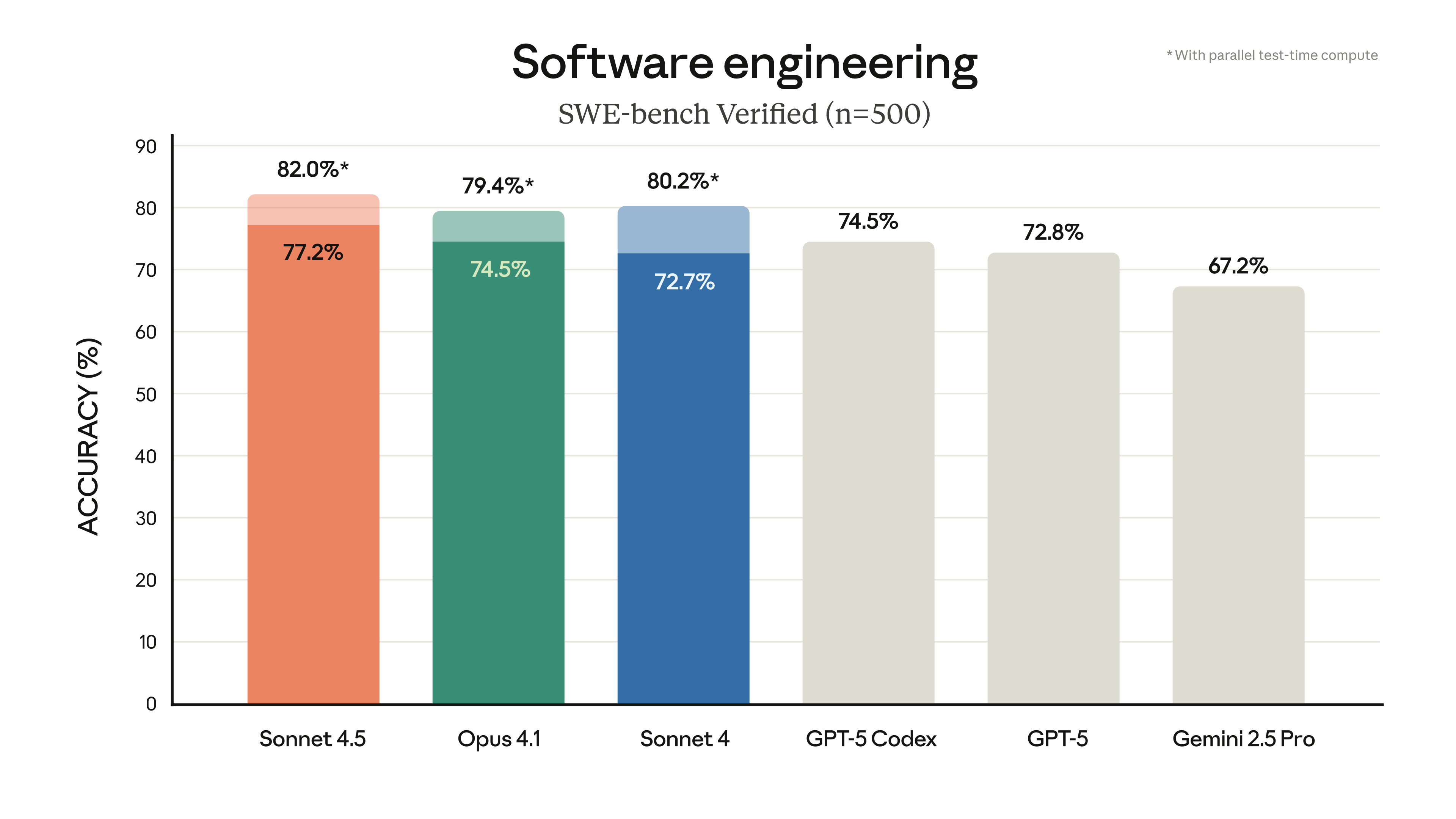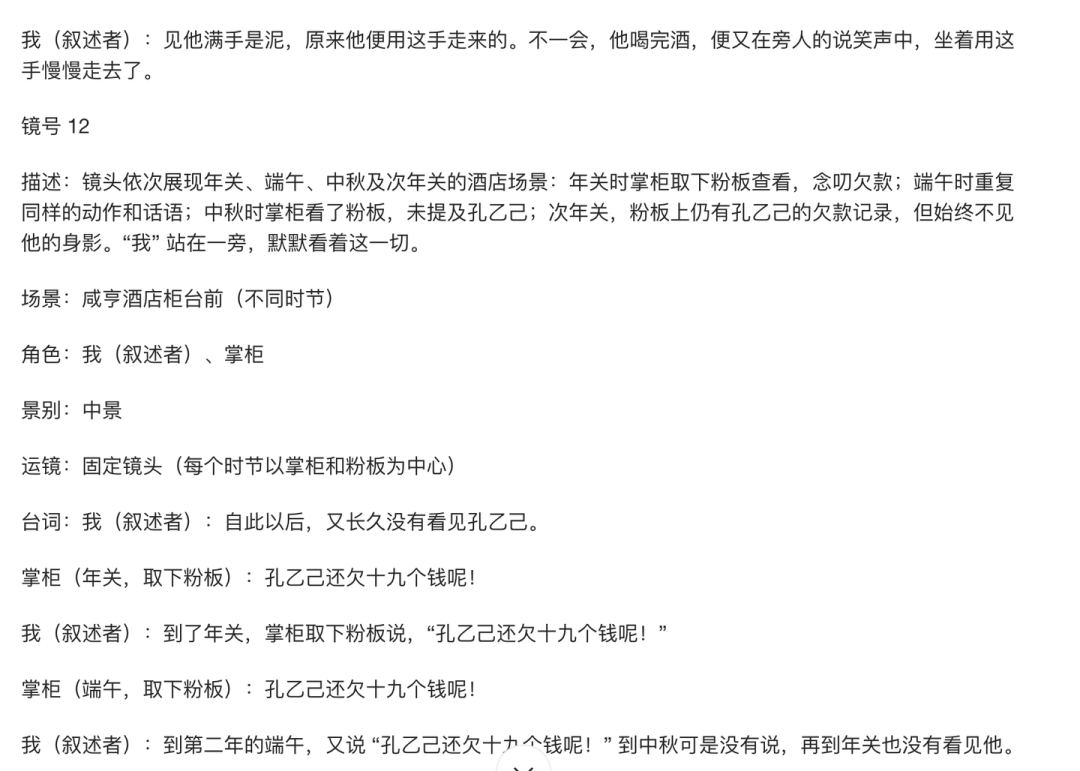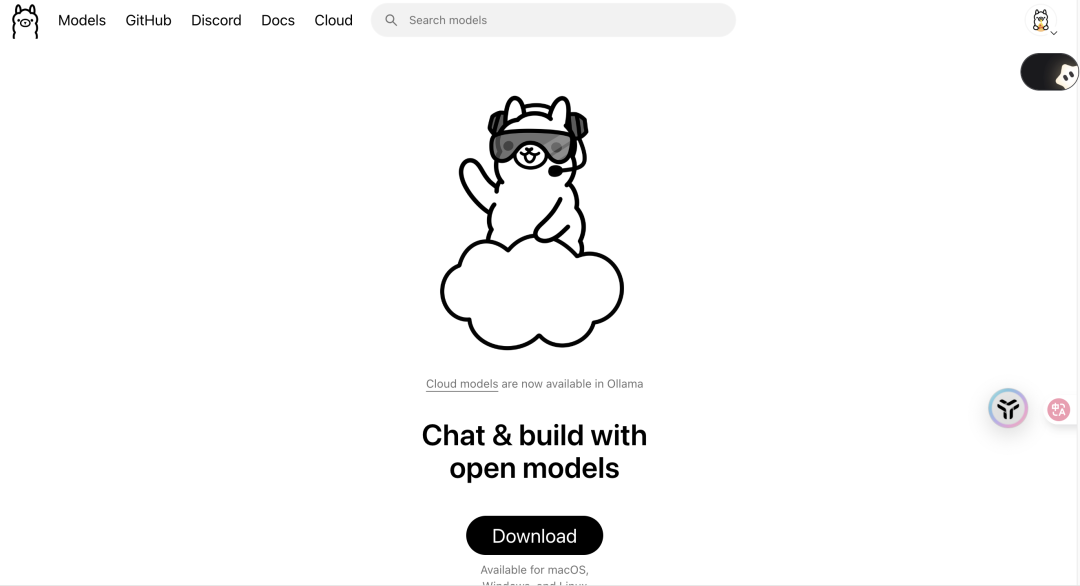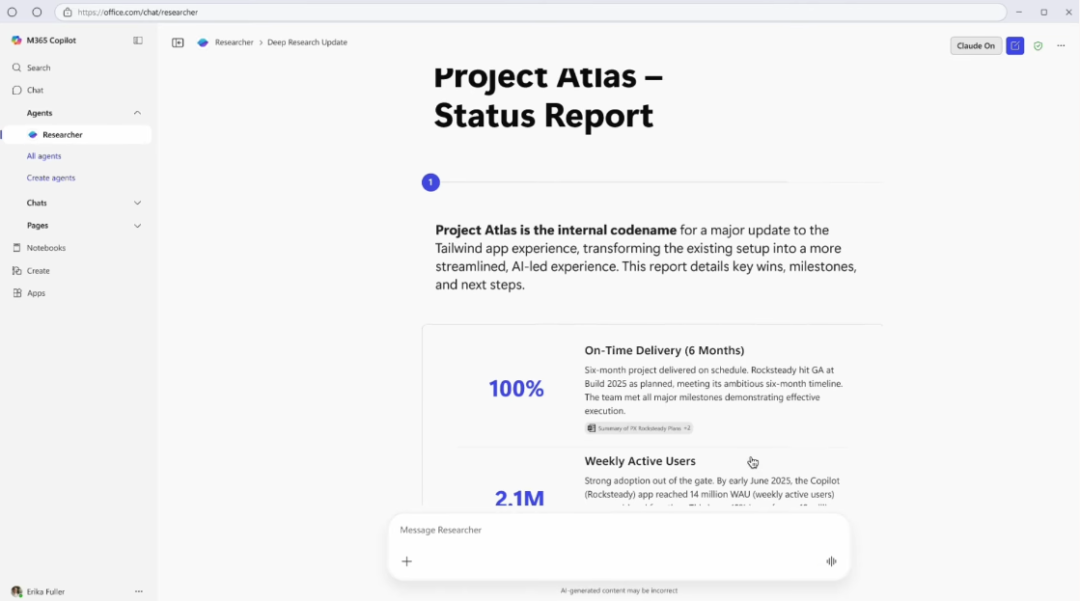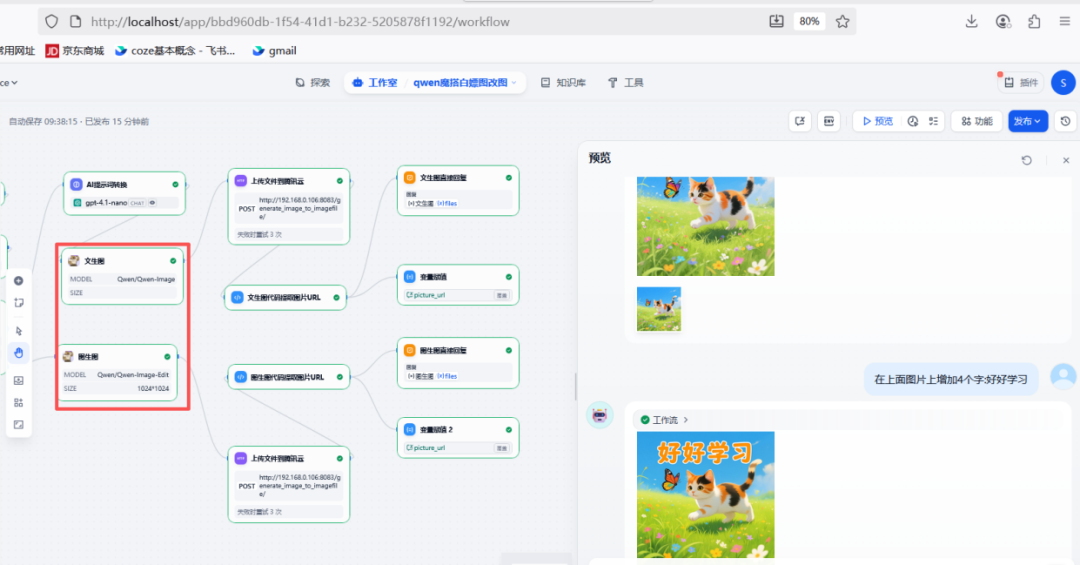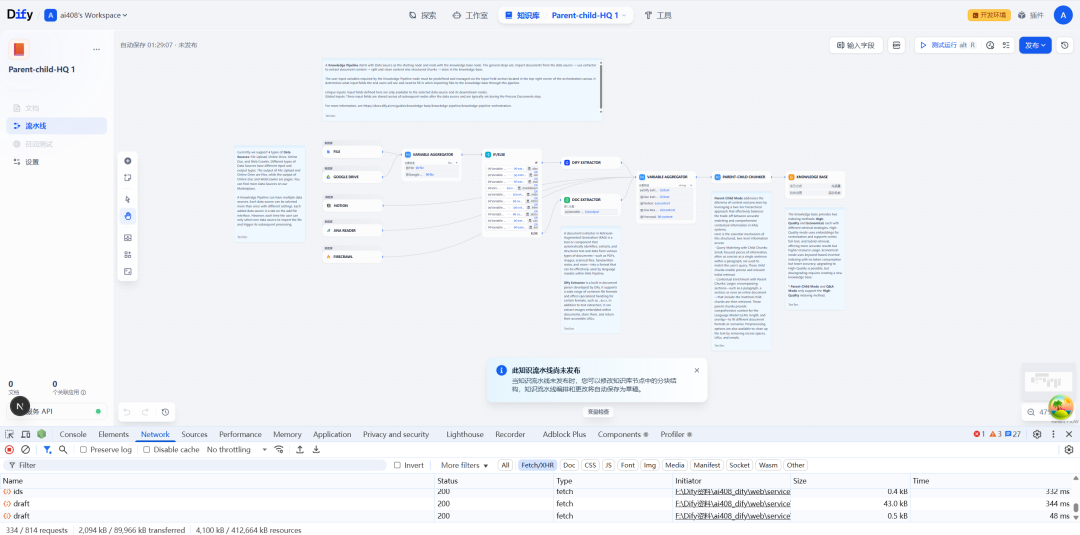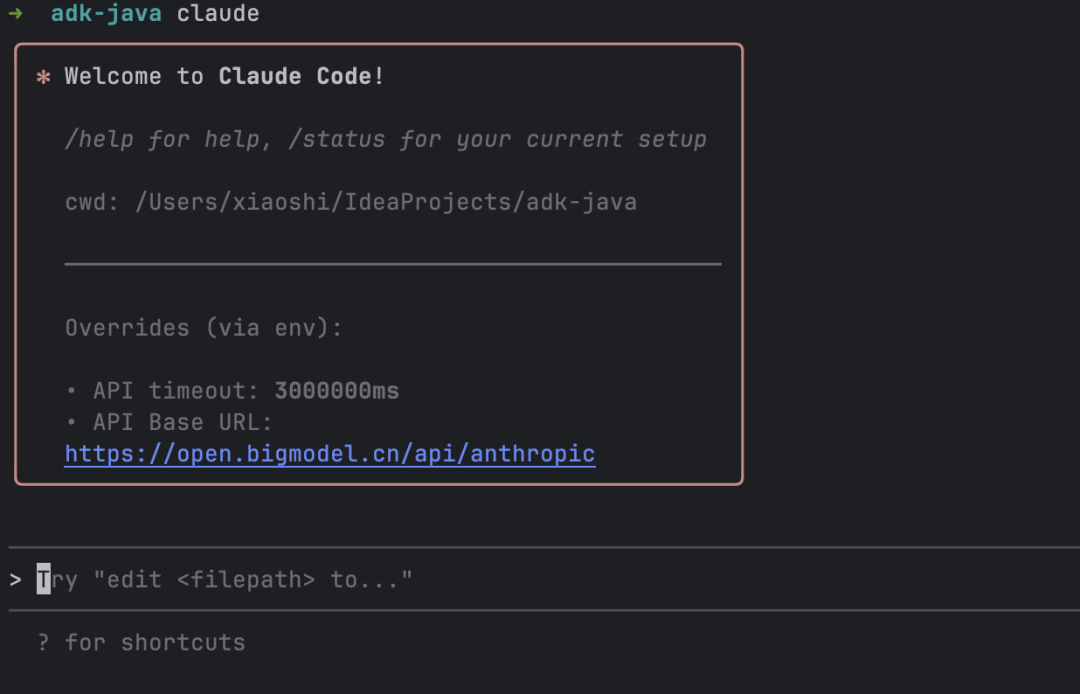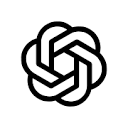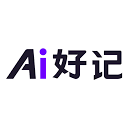Technology implementation paths for customized fine-tuning
MedGemma provides a complete model adaptation solution for healthcare organizations to achieve accurate localization through three types of core technologies: incremental training, efficient fine-tuning of parameters, and domain adaptation. Hospitals can utilize private medical datasets to adapt local terminology systems and treatment specifications by training only 0.1% of parameters through lightweight fine-tuning methods such as LoRA, while maintaining the underlying model knowledge.
For the special needs of specialized hospitals (e.g., ophthalmology OCT image analysis), a layered fine-tuning strategy can be adopted: freeze the underlying parameters of the visual coder and focus on adjusting the high-level feature fusion module. Practice shows that 200-300 cases of specialized image data with annotation can improve the recognition accuracy of the model in the specialty by 15-20 percentage points.
The models also support a federated learning deployment model, where multiple organizations can collaborate to improve the model without sharing the raw data.The model distillation tool provided by Google transfers knowledge from the 27B model to a customized, lightweight version, enabling efficient inference at edge devices such as in-hospital workstations. These features make MedGemma the most ground-up viable healthcare AI development platform available.
This answer comes from the articleMedGemma: a collection of open source AI models for medical text and image understandingThe








